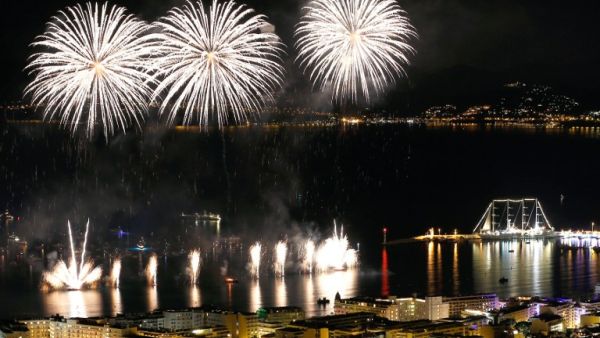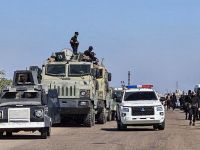The Eid holiday at the end of Ramadan is not always a happy occasion, as neighborhoods and alleyways across Lebanon are terrorized by explosions from unregulated fireworks that are costing the country a whopping $30 million annually.
Head of the Association of Fireworks Companies in Lebanon Kamal Sinno estimates that around $15 million of fireworks are imported into the country every year. If you add the high profits merchants reap from selling them, which can reach 100 percent in most cases, then the size of the market approaches the $30 million mark.
Of this amount, Lebanese customs report that the value of legal imports is only $3.3 million, while nearly three quarters of what is sold in the market is smuggled and therefore cannot be regulated in any way.
“There are 10 licensed companies that can import fireworks,” explains Sinno, “in addition to another eight that are not licensed, but nevertheless engage in the trade,” all of which import what is deemed legal – but also many illegal products as well.
Sinno says that one common illegal item, referred to as “dynamite” in the industry, enters the country illegally and it can be highly explosive and dangerous.The only permitted kind of fireworks in Lebanon is the so-called arrows that are fired into the air, where they explode at a certain height. And even among these arrows, there are only certain categories that are permitted. The rest – mostly firecrackers of various degrees of explosive power – are illegal despite their widespread availability in the local market.
Sinno says that one common illegal item, referred to as “dynamite” in the industry, enters the country illegally and it can be highly explosive and dangerous, adding that smuggling such products is not easy due to the fact that China – a key source of fireworks – regulates their export carefully, given the dangers they pose while being transported.
Once inside Lebanon, there is virtually no oversight from the authorities over the sale and use of illegal fireworks, which the law also requires must be handled by trained technicians and only ignited in specific areas.
But the reality on the ground is that a wide variety of such products are available virtually everywhere, in most cases being used by unsupervised children who buy them from merchants who exploit the occasion to empty their warehouses.
Attempts to better regulate the industry is nearly impossible given how lucrative it is, particularly on the Eid holiday, as street vendors selling fireworks appear in every village and neighborhood hoping to make a quick profit.
It is worth noting that the big merchants used to sell part of their stocks in the Gulf, but since the outbreak of the Syrian crisis, they have been relying exclusively on the local market.









